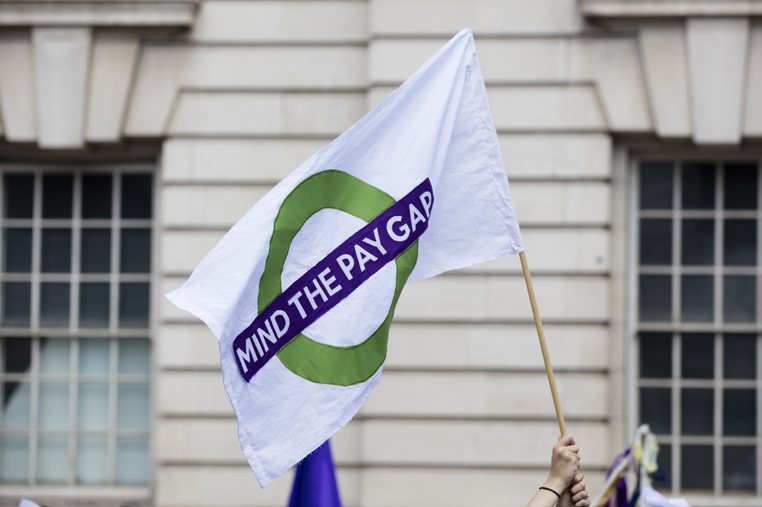Gender pay gap reports are designed to highlight any differences in the average pay between men and women in the organisation – the idea being if a business is forced to analyse such data, they may go on to identify the root cause and then put a plan of action in place to reduce pay gaps.
The reports are based on data from a snapshot date each year (either 31 March or 5 April each year, depending on whether the business is public or private) with the deadline for reports being submitted to the portal by 30 March or 4 April the following year. For example, a large private sector employer should submit its report by 4 April 2021 based mainly on data from 5 April 2020. If a business misses its reporting deadline, the Equality and Human Rights Commission can take action against it. The business may also face adverse publicity in seemingly ignoring gender pay gap issues.
Following the disruption brought by COVID, the past 2 years have seen changes to mandatory reporting requirements. Last year, eligible businesses were not required to report at all if they didn’t want to – they could focus on combating the pandemic instead. This year, eligible businesses should still technically submit their reports by the usual deadline, but the EHRC has said it will delay enforcement action by 6 months. This has effectively given businesses an extension to their reporting deadlines until 5 October 2021.
But this does not mean that gender pay gap reporting should be left until October. The reports will be based on data from 2020 that already exists – the snapshot date for this year’s report has not changed, so employers should try and make sense of their data as soon as possible before the detail behind the data becomes a distant memory.
Summer months are traditionally quieter for many businesses as staff take annual leave over the summer holidays.
This is an ideal time to start crunching the numbers and preparing that much-needed narrative on the cause of any gaps and what the business is doing about it. Don’t forget the logistics of logging into the portal itself. Businesses who are reporting for the first time will need to register and obtain log in details and those who have already registered will need to dig out their log in details or request new ones. These administrative steps take time but are simple steps that can be done now.
Our dedicated team of employment law experts can help you with the process, providing you contact us here, before October.
Jane Baalam, from our sister company Capital People, is a gender pay gap specialist. Jane regularly reports for clients, conducts audits, and helps them with their narratives. If you could benefit from talking to Jane, you can make contact here.
Be kind to your gender pay gap advisers and send us your data now in preparation for the October deadline.




